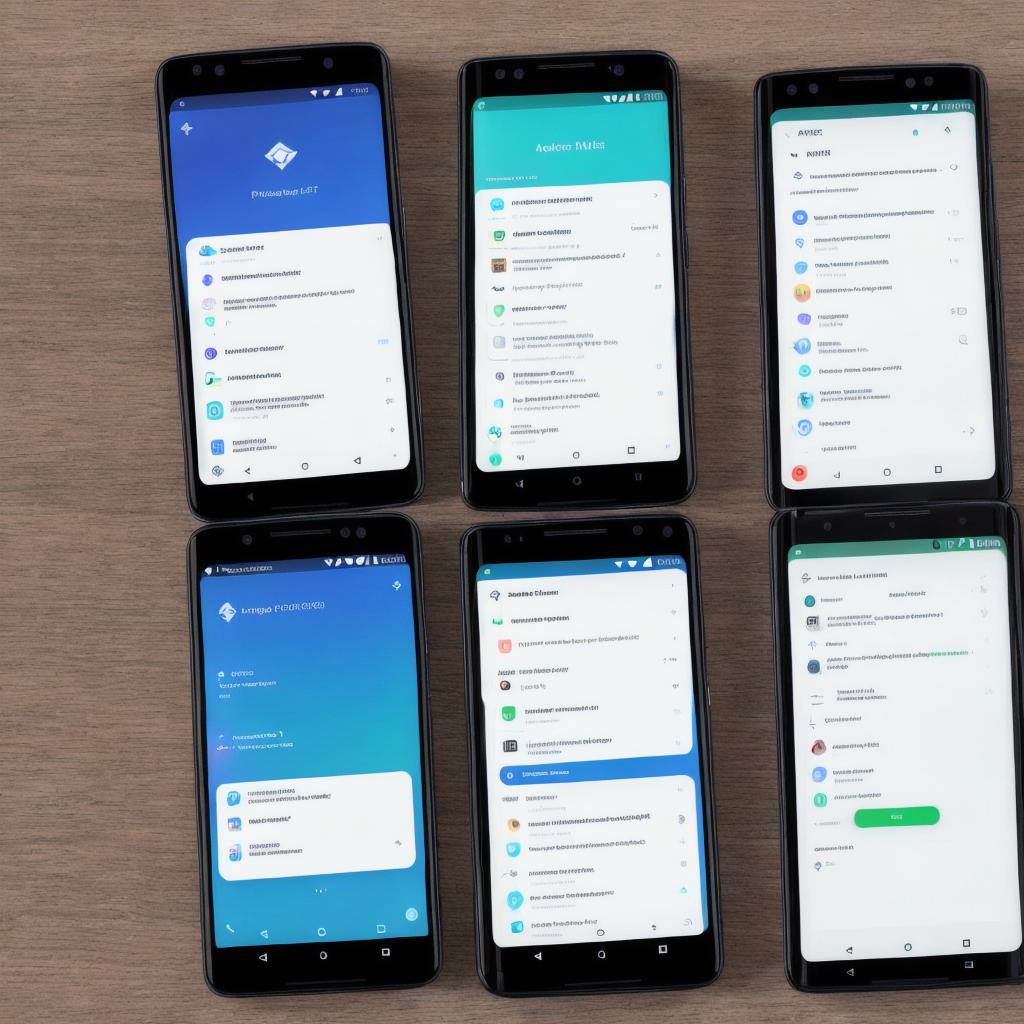Android is one of the world’s most popular mobile operating systems, with millions of users worldwide. With the increasing popularity of mobile devices, Android development has become a lucrative field. However, as technology advances, what does the future hold for Android development? In this article, we will explore some trends and predictions for the future of Android development.
One of the biggest debates in the Android development community is whether to use Flutter or React Native. Both frameworks have their pros and cons, but which one is better for Android development? Flutter is an open-source mobile development framework created by Google that allows developers to build cross-platform apps with a single codebase. It uses the Dart programming language and has a rich set of libraries and tools. However, it requires a steep learning curve, and some developers find it difficult to work with. React Native is an open-source mobile development framework created by Facebook that allows developers to build cross-platform apps using JavaScript and React. It has a large community and a wide range of third-party libraries, making it easier for developers to get started. However, some developers find that React Native can be slower than native code and may not provide the same level of performance.
Artificial intelligence (AI) and machine learning (ML) are becoming increasingly popular in Android development. These technologies allow apps to learn from user behavior and adapt accordingly, improving the user experience. For example, Google Assistant, which is built on ML, can understand natural language and respond to voice commands. AI-powered chatbots are also becoming more common in Android apps, allowing users to interact with businesses and organizations in a more personalized way. According to a report by ResearchAndMarkets, the global market for AI in mobile apps is expected to reach $38.4 billion by 2025, growing at a CAGR of 19.6% from 2020 to 2025.
Security is becoming increasingly important in Android development. With the rise of mobile devices and the increasing amount of sensitive data being stored on them, it’s crucial to ensure that apps are secure from cyber threats. According to a report by Accenture, mobile app security breaches cost companies an average of $2.7 million per incident. This highlights the importance of implementing robust security measures in Android apps.

Augmented reality (AR) and virtual reality (VR) are becoming increasingly popular in Android development. These technologies allow users to interact with digital content in a more immersive way, making them ideal for gaming and educational apps. According to a report by Statista, the global AR market is expected to reach $198.5 billion by 2025, growing at a CAGR of 67.3% from 2020 to 2025.
In conclusion, the future of Android development looks bright. With the increasing popularity of mobile devices and the advancements in technology, it’s clear that Android development will continue to be a lucrative field. Flutter and React Native are both popular frameworks for building cross-platform apps, and AI and ML are becoming essential tools for developers. Security is also becoming increasingly important, and AR and VR are set to revolutionize the way we interact with digital content.
